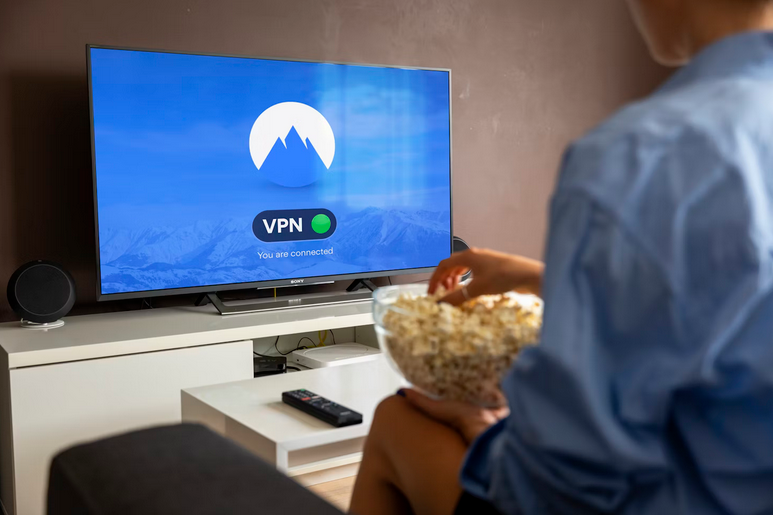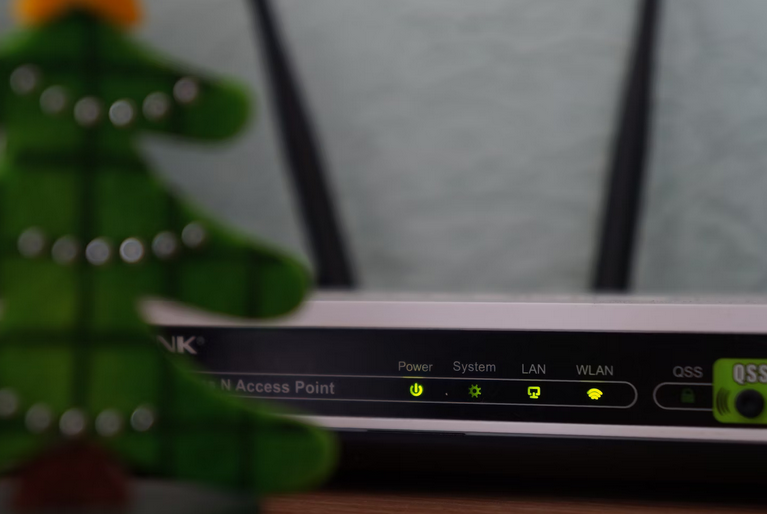Say Goodbye to Buffering: How VPNs Can Optimize Your Streaming Speeds for IPTV
Immersing yourself in the world of streaming entertainment with a seamless viewing experience devoid of buffering interruptions is the ultimate goal for every IPTV enthusiast. As the demand for high-quality video content continues to surge, optimizing streaming speeds for IPTV has become a top priority for users seeking uninterrupted viewing pleasure. Enter Virtual Private Networks (VPNs), the unsung heroes of the digital realm, offering a solution to enhance streaming speeds and eliminate buffering woes. In this guide, we will delve into the top ways a vpn connection can revolutionize your IPTV experience, ensuring smooth and uninterrupted streaming sessions that transport you into a world of entertainment bliss without the frustration of buffering delays.
Bypassing Throttling By Internet Service Providers (ISPs)

One of the primary benefits of using a VPN for IPTV is the ability to bypass throttling implemented by Internet Service Providers (ISPs). Throttling, the intentional slowing down of internet speeds by ISPs, can often impact streaming quality and lead to buffering issues for IPTV users. By connecting to a VPN server, users can encrypt their internet traffic, masking it from ISPs and preventing them from throttling specific types of data, including streaming content.
Accessing Geo-Restricted Content With Optimal Speeds
VPNs provide users with the ability to access geo-restricted content by routing their internet traffic through servers located in different regions around the world. When it comes to IPTV, this feature is particularly beneficial for accessing international channels or content restricted to specific geographical locations. By connecting to a VPN server in the desired region, users can unlock geo-blocked content with optimal speeds, ensuring a seamless streaming experience without delays or interruptions.

Enhancing Security and Privacy for Seamless Streaming
Security and privacy are essential components of a seamless streaming experience, especially when accessing IPTV services that may involve sharing sensitive personal information. VPNs encrypt users’ internet traffic and mask their IP addresses, providing an additional layer of security that safeguards against potential cyber threats and unauthorized access to personal data. By protecting user privacy and data integrity, VPNs create a secure environment for streaming IPTV content, allowing users to focus on enjoying their favourite shows or movies without concerns about privacy breaches or online vulnerabilities that can impact streaming speeds.
Overcoming Network Congestion and Improving Server Connectivity

In addition to bypassing throttling and accessing geo-restricted content, VPNs can help optimize streaming speeds for IPTV by overcoming network congestion and improving server connectivity. By connecting to VPN servers optimized for streaming purposes, users can benefit from enhanced network performance, reduced latency, and improved server connections that contribute to faster and more stable streaming speeds.
By incorporating VPN technology into their streaming setup, IPTV enthusiasts can enjoy a seamless and uninterrupted viewing experience that maximizes speed, reliability, and security while unlocking a world of entertainment possibilities without the frustration of buffering interruptions.…







 Live streaming also allows for greater interactivity between viewers and the game. Many live-streaming platforms offer chat rooms and social media integration so viewers can discuss the game in real-time with other fans worldwide. This interactivity enhances the viewing experience, allowing fans to engage with others who share the same passion for the sport. Fans can share their opinions, ask questions, and even make predictions about the game’s outcome.
Live streaming also allows for greater interactivity between viewers and the game. Many live-streaming platforms offer chat rooms and social media integration so viewers can discuss the game in real-time with other fans worldwide. This interactivity enhances the viewing experience, allowing fans to engage with others who share the same passion for the sport. Fans can share their opinions, ask questions, and even make predictions about the game’s outcome. Live streaming is also cost-effective for sports fans. Traditional TV packages can be costly, and many sports leagues and teams offer streaming services that are much more affordable. By subscribing to these services, fans can access all the games they want to watch without paying for channels they don’t need. Additionally, live-streaming services often offer free trials and promotions, allowing fans to try the service before committing to a subscription.
Live streaming is also cost-effective for sports fans. Traditional TV packages can be costly, and many sports leagues and teams offer streaming services that are much more affordable. By subscribing to these services, fans can access all the games they want to watch without paying for channels they don’t need. Additionally, live-streaming services often offer free trials and promotions, allowing fans to try the service before committing to a subscription.